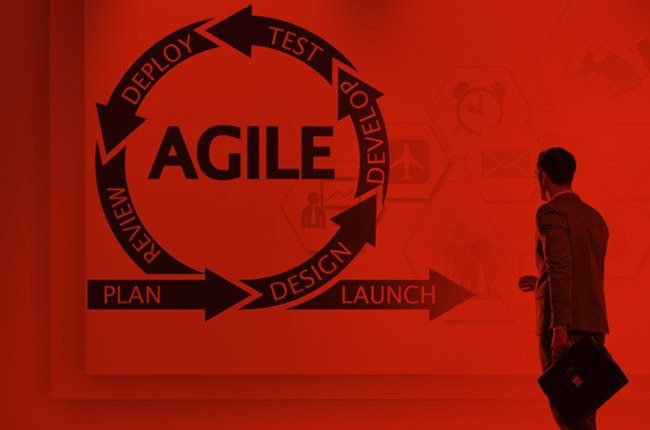Menu
Always Stay One Step Ahead!
In today’s complex and fast-paced world, flexibility, quick decision-making, and value creation are not just essential but vital for organizations, companies, and businesses. In an era where change is the only constant, agility serves as a key strategy that enables organizations to quickly adapt to evolving markets, embrace innovations, and respond more accurately to customer needs.
Book a Personalized Consultation Session to Enhance Your Organization’s Agility




The ability to anticipate and identify changes rather than being caught off guard by sudden shifts.

Having the right tools and plans in place to implement quick changes.

The capability to adapt to new circumstances and avoid sticking to outdated approaches.
Maadico is an international consulting company in Cologne, Germany. This company provides services in different areas for firms so they will be able to interact with each other. But specifically, raising the level of knowledge and technology in various companies and assisting their presence in European markets is an aim for which Maadico has developed … (Read more)